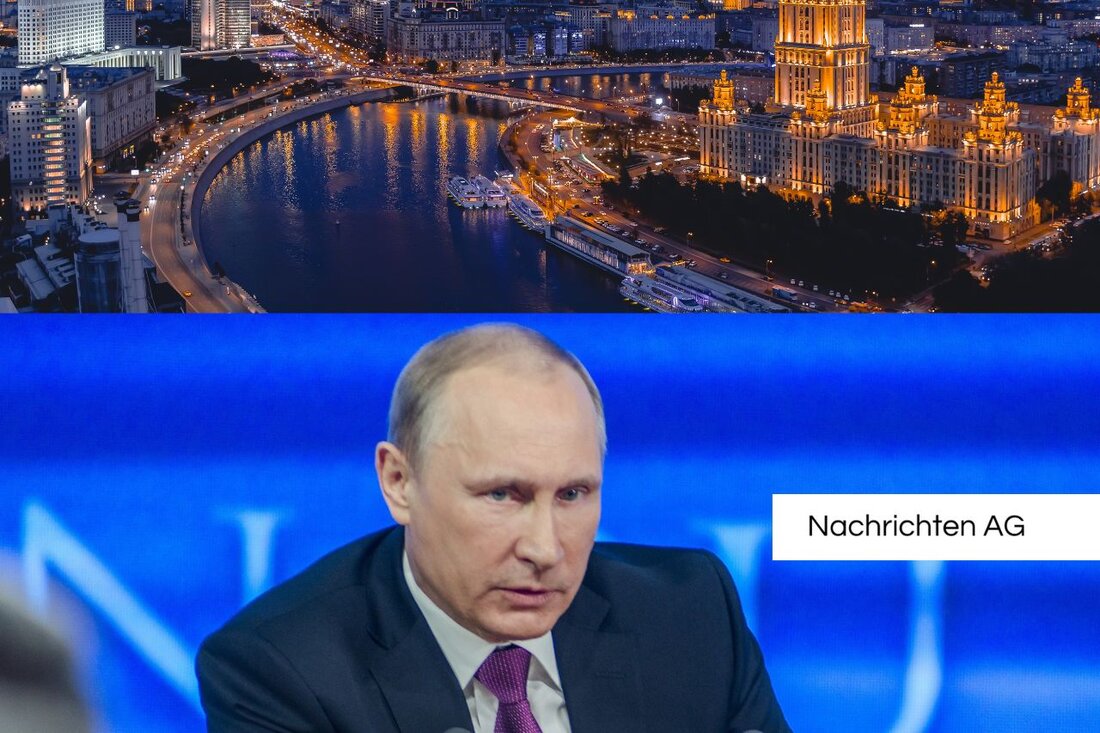The United Kingdom recognizes Morocco's autonomy plan for Western Sahara!
The United Kingdom recognizes Morocco's autonomy plan for Western Sahara!
Rabat, Marokko - On June 2, 2025, the United Kingdom officially recognized the Moroccan autonomy initiative for the Western Sahara. This initiative, which was already presented by Morocco at the United Nations in 2007, is referred to as the "most credible, most practical and pragmatic basis for a permanent solution to the regional conflict". The formal recognition was made by a joint explanation, which was signed in Rabat by David Lammy, the British Foreign Minister, and Nasser Bourita, Foreign Minister Morocco. With this support, the United Kingdom is involved in a growing group of countries that support the autonomy plan under Moroccan sovereignty as the only sustainable solution, including three permanent members of the UN Security Council: the USA, France and the United Kingdom itself.
The British initiative represents a significant change in the attitude of London, which had previously supported the right to self -determination for the controversial area. David Lammy described Morocco's autonomy plan as the "most credible" solution for the long -term conflict. This explanation is seen in particular against the background of an intensive international campaign Morocco, which aims to gain broad support for the autonomy plan. Morocco has increasingly promoted his concerns since 2020, after the US recognition of sovereign demands. Lammy asked all parties involved to actively and constructively participate in the UN-led political process.
The background of the conflict
The Western Sahara is a mineral, former Spanish colony, which has been controlled by Morocco since the withdrawal of Spain in 1975, but is claimed by the pro-independent group Frente Polisario, which is supported by Algeria. The conflict about the region has now been over 50 years. The Sahrauis, which make up around 160,000 locals in this area, have been fighting for their self -determination for decades and are responsible for independence. After military conflicts, a ceasefire ended in 1991, which was largely observed by 2020. Since then, the UN mission Minurso has the task of monitoring the ceasefire and making a referendum on the future of Western Sahara, which has not yet been established.
Morocco has repeatedly emphasized that it has excluded a vote in which independence is an option, and instead works on the implementation of his autonomy plan. In 2023, the British Foreign Minister announced that this could be a decisive time window for a solution to the conflict. The support from other countries, including Spain and Germany, as well as France's formal recognition of the Moroccan autonomy plan in the summer of 2023 are also essential development steps in this long -lasting conflict. This changed international attitude could have profound effects on the negotiations.
reactions and effects
The reactions to the British decision are mixed. Morocco's Foreign Minister Nasser Bourita welcomed the new British position. Meanwhile, Algeria, which supports the Frente Polisario and demolished diplomatic relationships with Rabat in 2021, expresses deep regret about this development. Algeria's Foreign Minister emphasized that the autonomy plan was never presented as a basis for negotiations in 18 years.
The geopolitical tensions could increase significantly, especially in view of the latest developments in relation to migration from Western Sahara towards Europe. This region is a source for migrants, and both Spain and Morocco have taken measures to control this trend. The support of Morocco by western states is also seen by some observers as a possibility to drive Algeria closer to other, possibly less western -oriented states such as Russia and Iran.
The situation in Western Sahara remains complex and requires the international community's attention to achieve sustainable and just peace. The next steps in this process will be crucial for whether the years of tension can finally be solved.
In view of all of these factors, the development of British foreign policy is a clear sign of the changing international dynamics in relation to the conflict about Western Sahara. The next few months could be decisive for how the situation could actually stabilize or escalate again.| Details | |
|---|---|
| Ort | Rabat, Marokko |
| Quellen | |


Kommentare (0)